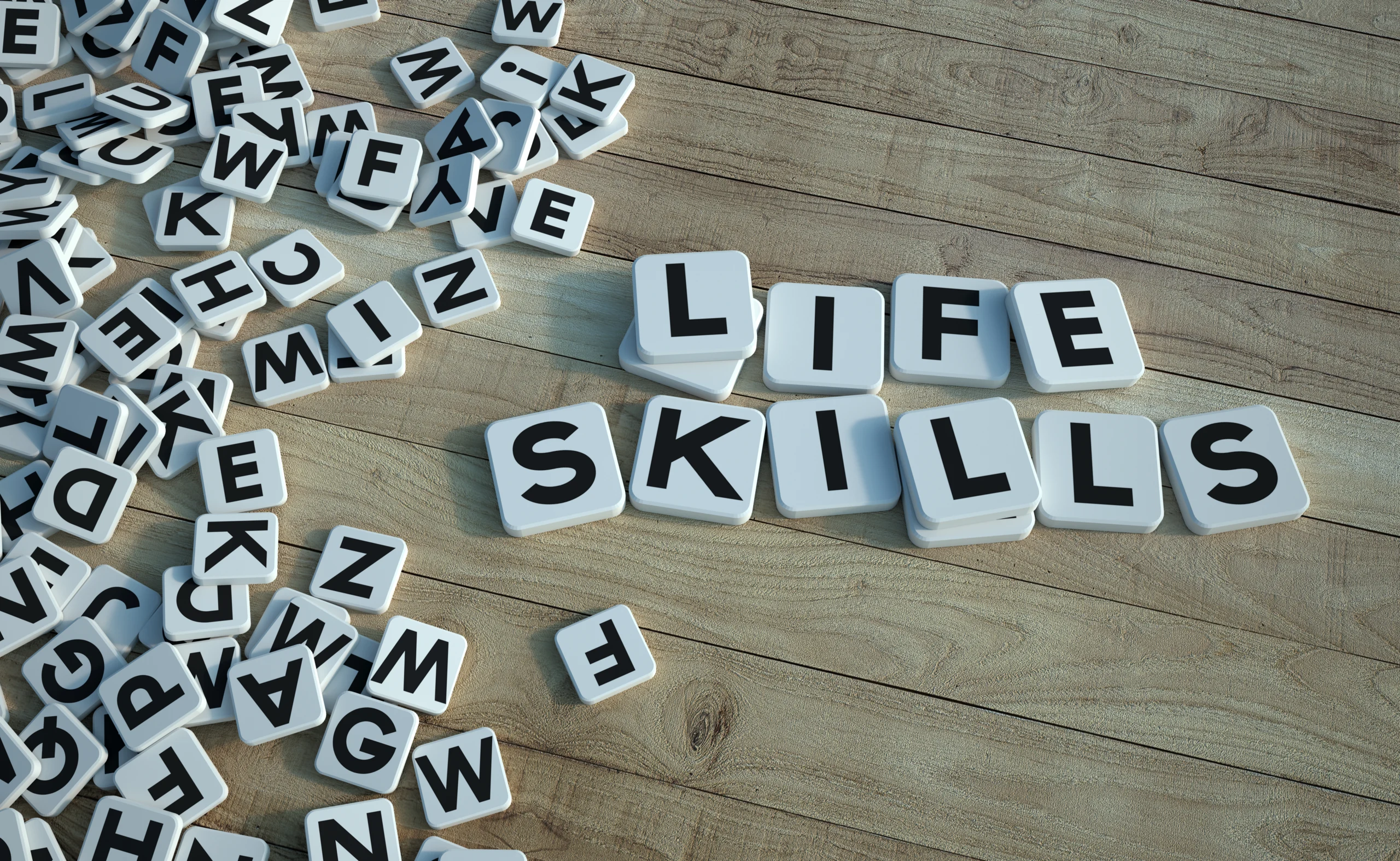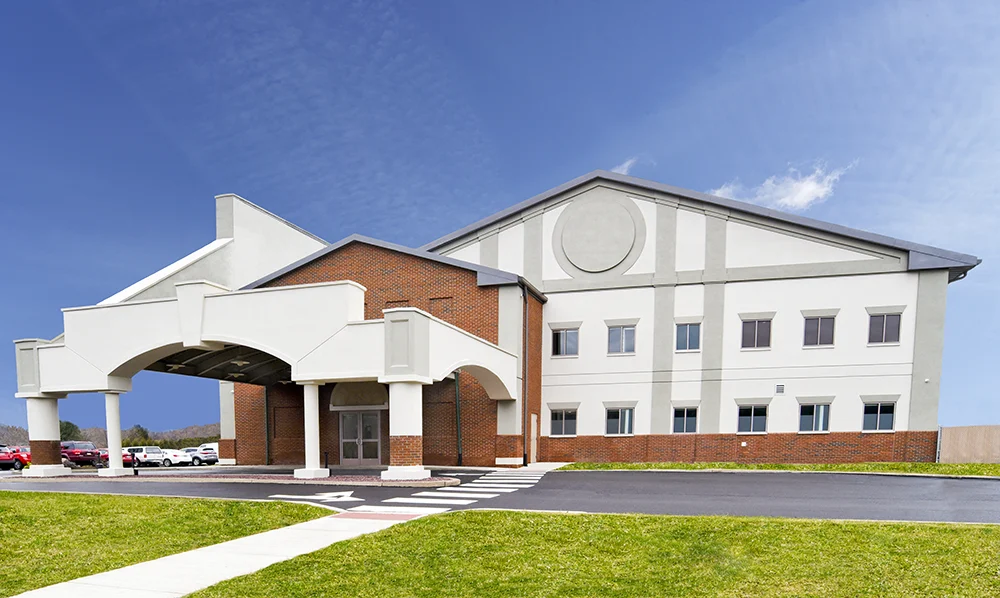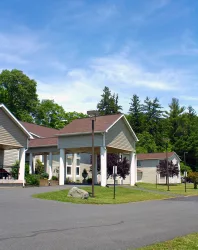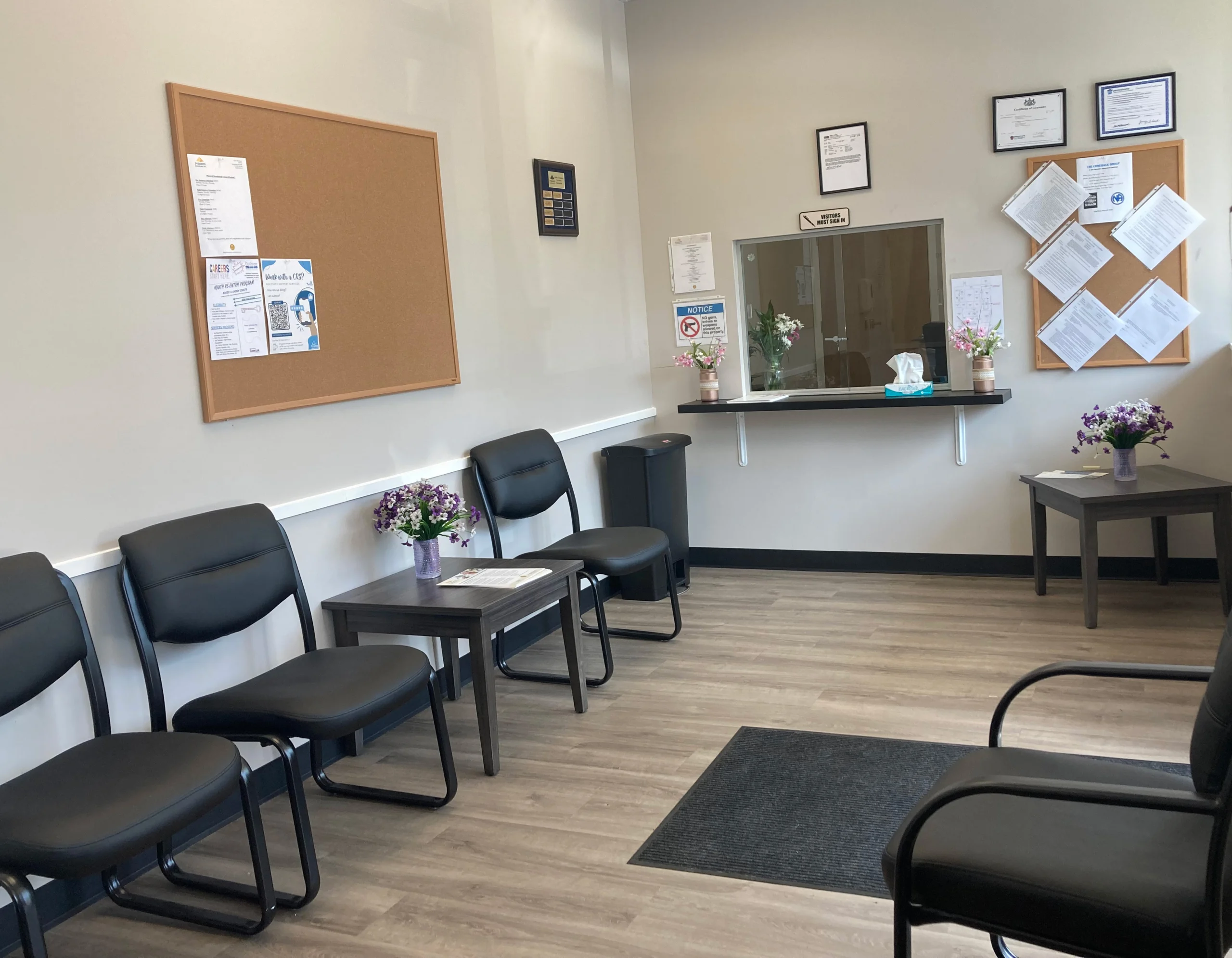Why Are Life Skills Important to Addiction Recovery?

So many things in life require skills—you have to be skilled in the kitchen to cook fancy meals, be experienced behind the wheel to remain safe on the road, and have specific skills on your resume to be considered for the job. Even life itself requires some skills.
And for men and women who have spent a portion of their adult lives battling addiction, the skills needed to blend smoothly into everyday life tend to get rusty. The best recovery programs include life skills in their curriculums to enhance and maintain sobriety.
What are life skills?
According to an article from the Berkeley Institute, “Life skills can be defined as abilities that enable humans to deal effectively with the demands and challenges of life. They may also be called psychosocial skills, as they are psychological and include thinking and behavioral processes. Others define life skills as behavioral, cognitive, or interpersonal skills that enable individuals to succeed in various areas of life.”
Life skills include emotional, social, and cognitive skills. These skills help individuals better regulate and understand their emotions, which can help reduce aggression and violence, increase communication, and enhance relationships.
1. Emotional skills involve understanding and managing one’s emotions, including self-awareness, empathy and stress management. They help individuals respond to emotional triggers without resorting to substance use.
2. Interpersonal skills – Effective communication, active listening and conflict resolution are critical components of interpersonal skills. These abilities enable individuals to form healthier relationships and build a supportive network, vital during recovery.
3. Cognitive skills — Critical thinking, decision-making, and problem-solving skills enable individuals to assess situations, weigh options, and make informed choices that support their recovery.
4. Practical Skills involve time management, financial literacy, and organizational skills. Practical skills help individuals manage their daily lives more effectively, reducing stressors that could lead to relapse.
How life skills benefit recovery
Life skills play an essential role in recovery by giving individuals a sense of ownership over their lives, choices, and emotions. This not only increases autonomy but enhances overall resiliency and recovery maintenance.
Building resilience
Life skills empower individuals to face challenges and setbacks with a positive mindset. For those in recovery, developing resilience is crucial for overcoming the inevitable obstacles they will encounter. By learning to cope with disappointment and stress, individuals can reduce the likelihood of turning back to substances as a means of escape or as a method of coping.
Fostering self-confidence
Mastering life skills enhances competence and confidence and reduces the risk of relapse. Self-efficacy development is significant in recovery, reinforcing the belief that change is possible.
Creating healthy relationships
Addiction often strains relationships with loved ones, but life skills like effective communication and conflict resolution can help individuals rebuild trust and foster supportive relationships. A strong support network is crucial for recovery, as it provides encouragement and accountability.
Managing triggers
Life skills help individuals recognize their triggers and develop coping strategies to address them in a healthy way instead of escaping through substance use. For instance, individuals can learn to use mindfulness techniques or engage in physical activities to manage stress.
Setting goals
Goal-setting encourages individuals in recovery to envision a future free from addiction. By establishing short- and long-term goals, individuals can create actionable plans that provide direction and promote a sense of purpose and motivation, which are crucial for maintaining sobriety.
Fostering independence
One significant outcome of developing life skills is the ability to live independently and manage one’s own life. For individuals recovering from addiction, this independence allows them to take ownership of their decisions and actions, reinforcing accountability and paving the way for a healthier life.
Seeking healthy lifestyles
Life skills are not limited to emotional and cognitive development – they also include the ability to make informed choices about nutrition, exercise and self-care. Understanding how to maintain physical health can significantly impact mental well-being, helping to combat the feelings of anxiety and depression that often accompany recovery.
Perfecting problem-solving
The recovery process presents challenges, from managing cravings to dealing with life stressors, but developing solid problem-solving skills enables individuals to approach these challenges systematically. This proactive approach reduces feelings of helplessness and reinforces a sense of control over one’s life.
Life Skills Program in Northeast PA
Anyone pursuing addiction recovery should find a program that incorporates life skills into the curriculum. Luckily, for those pursuing addiction recovery in Pennsylvania, particularly in the northeast region, Pyramid Healthcare is pleased to offer an outpatient program at our Dallas location that does exactly that.
To help individuals successfully reintegrate into the community, Pyramid Healthcare provides extensive life skills training at our halfway houses and residential programs. Such skills include:
- Financial management
- Job preparation
- Communication skills
- Social etiquette
- Volunteering
- Appropriate utilization of community resources
- Goal setting
- Stress management
- Problem-solving
If you or a loved one need a recovery program that includes life skills or need to get in touch with a counselor for addiction assistance, Pyramid Healthcare is here to help. Contact us by calling 888-694-9996 or fill out an online contact form to gather more information today,
So many things in life require skills—you have to be skilled in the kitchen to cook fancy meals, be experienced behind the wheel to remain safe on the road, and have specific skills on your resume to be considered for the job. Even life itself requires some skills.
And for men and women who have spent a portion of their adult lives battling addiction, the skills needed to blend smoothly into everyday life tend to get rusty. The best recovery programs include life skills in their curriculums to enhance and maintain sobriety.
What are life skills?
According to an article from the Berkeley Institute, “Life skills can be defined as abilities that enable humans to deal effectively with the demands and challenges of life. They may also be called psychosocial skills, as they are psychological and include thinking and behavioral processes. Others define life skills as behavioral, cognitive, or interpersonal skills that enable individuals to succeed in various areas of life.”
Life skills include emotional, social, and cognitive skills. These skills help individuals better regulate and understand their emotions, which can help reduce aggression and violence, increase communication, and enhance relationships.
1. Emotional skills involve understanding and managing one’s emotions, including self-awareness, empathy and stress management. They help individuals respond to emotional triggers without resorting to substance use.
2. Interpersonal skills – Effective communication, active listening and conflict resolution are critical components of interpersonal skills. These abilities enable individuals to form healthier relationships and build a supportive network, vital during recovery.
3. Cognitive skills — Critical thinking, decision-making, and problem-solving skills enable individuals to assess situations, weigh options, and make informed choices that support their recovery.
4. Practical Skills involve time management, financial literacy, and organizational skills. Practical skills help individuals manage their daily lives more effectively, reducing stressors that could lead to relapse.
How life skills benefit recovery
Life skills play an essential role in recovery by giving individuals a sense of ownership over their lives, choices, and emotions. This not only increases autonomy but enhances overall resiliency and recovery maintenance.
Building resilience
Life skills empower individuals to face challenges and setbacks with a positive mindset. For those in recovery, developing resilience is crucial for overcoming the inevitable obstacles they will encounter. By learning to cope with disappointment and stress, individuals can reduce the likelihood of turning back to substances as a means of escape or as a method of coping.
Fostering self-confidence
Mastering life skills enhances competence and confidence and reduces the risk of relapse. Self-efficacy development is significant in recovery, reinforcing the belief that change is possible.
Creating healthy relationships
Addiction often strains relationships with loved ones, but life skills like effective communication and conflict resolution can help individuals rebuild trust and foster supportive relationships. A strong support network is crucial for recovery, as it provides encouragement and accountability.
Managing triggers
Life skills help individuals recognize their triggers and develop coping strategies to address them in a healthy way instead of escaping through substance use. For instance, individuals can learn to use mindfulness techniques or engage in physical activities to manage stress.
Setting goals
Goal-setting encourages individuals in recovery to envision a future free from addiction. By establishing short- and long-term goals, individuals can create actionable plans that provide direction and promote a sense of purpose and motivation, which are crucial for maintaining sobriety.
Fostering independence
One significant outcome of developing life skills is the ability to live independently and manage one’s own life. For individuals recovering from addiction, this independence allows them to take ownership of their decisions and actions, reinforcing accountability and paving the way for a healthier life.
Seeking healthy lifestyles
Life skills are not limited to emotional and cognitive development – they also include the ability to make informed choices about nutrition, exercise and self-care. Understanding how to maintain physical health can significantly impact mental well-being, helping to combat the feelings of anxiety and depression that often accompany recovery.
Perfecting problem-solving
The recovery process presents challenges, from managing cravings to dealing with life stressors, but developing solid problem-solving skills enables individuals to approach these challenges systematically. This proactive approach reduces feelings of helplessness and reinforces a sense of control over one’s life.
Life Skills Program in Northeast PA
Anyone pursuing addiction recovery should find a program that incorporates life skills into the curriculum. Luckily, for those pursuing addiction recovery in Pennsylvania, particularly in the northeast region, Pyramid Healthcare is pleased to offer an outpatient program at our Dallas location that does exactly that.
To help individuals successfully reintegrate into the community, Pyramid Healthcare provides extensive life skills training at our halfway houses and residential programs. Such skills include:
- Financial management
- Job preparation
- Communication skills
- Social etiquette
- Volunteering
- Appropriate utilization of community resources
- Goal setting
- Stress management
- Problem-solving
If you or a loved one need a recovery program that includes life skills or need to get in touch with a counselor for addiction assistance, Pyramid Healthcare is here to help. Contact us by calling 888-694-9996 or fill out an online contact form to gather more information today,








